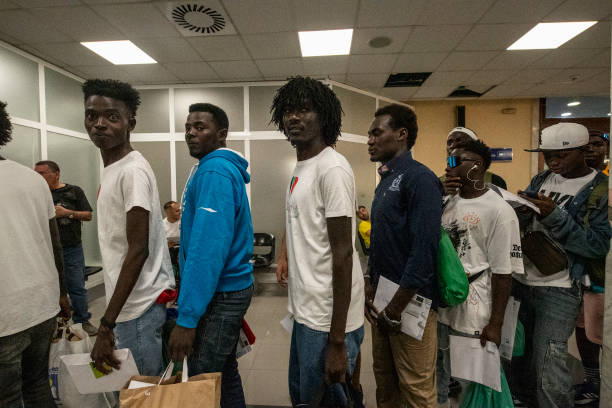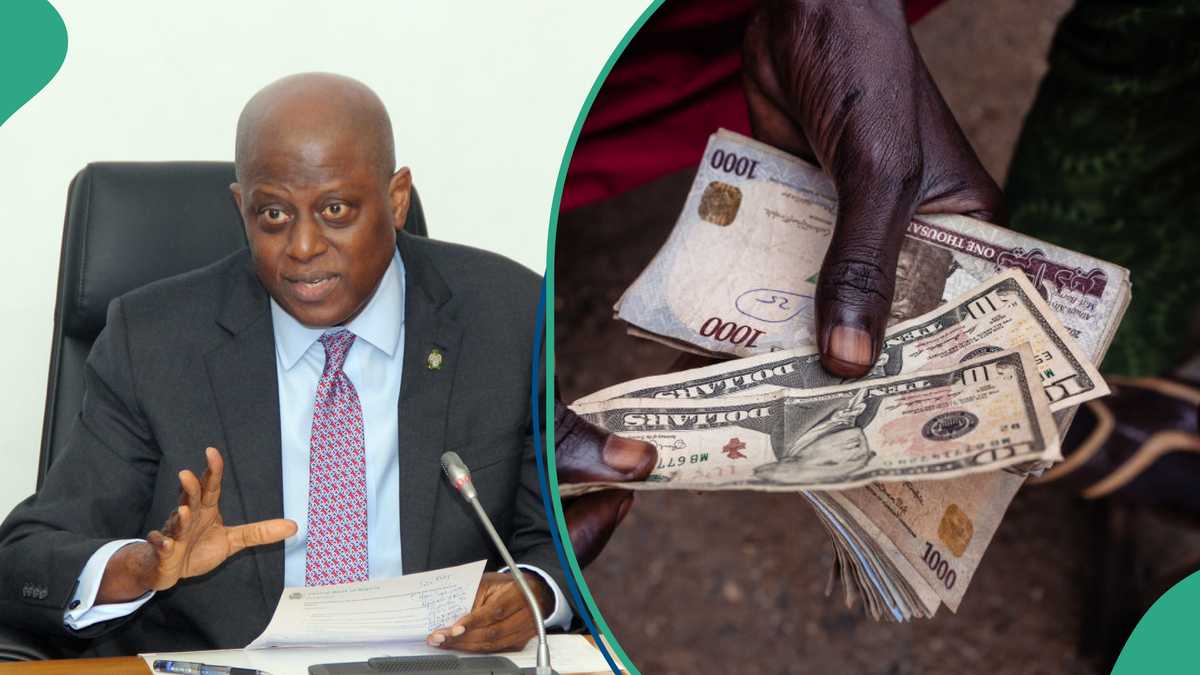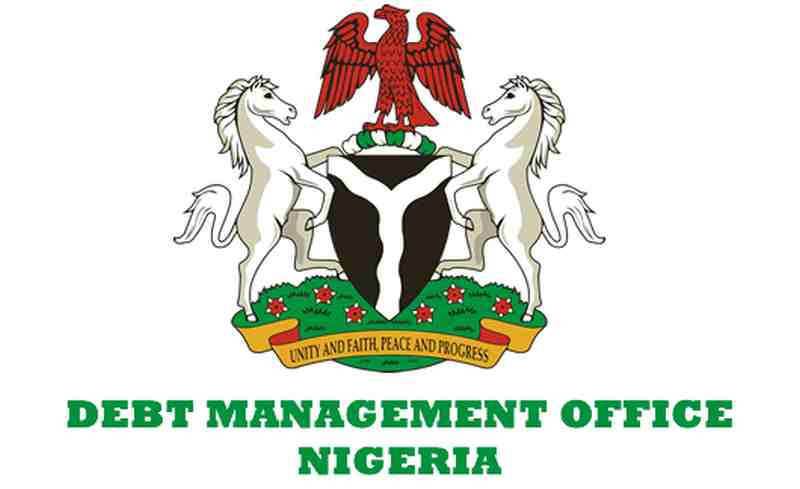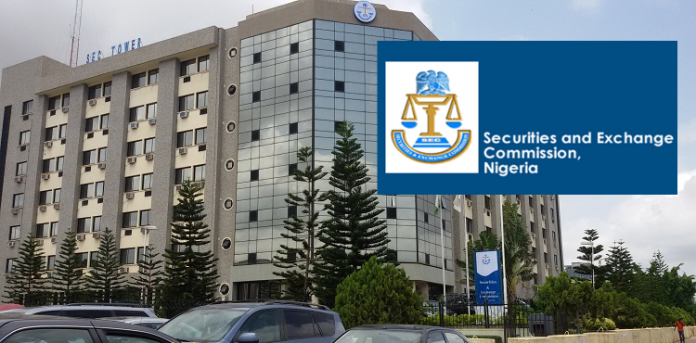Shareholders Protest Proposed Transfer of Unclaimed Dividends to CBN

Shareholders in Nigeria have vehemently rejected decisions by the National Assembly and its Public Accounts Committee (PAC) to mandate the transfer of unclaimed dividends and dormant account balances to the Central Bank of Nigeria (CBN) for management within an established Unclaimed Funds Trust Fund. They describe this move as a gross violation of shareholders’ rights, a betrayal of investors’ trust, and a dangerous precedent that threatens the sanctity of private property and the integrity of the capital market.
The rejection follows a directive issued by the House of Representatives Public Accounts Committee (PAC) to the CBN. This directive emerged after a session where a team from the CBN, led by Deputy Governor of Operations Directorate Bala Bello, and the Minister of Finance, Wale Edun, appeared before a Joint Committee of PAC and Public Assets. During the session, the panel extensively questioned the CBN team regarding the apex bank’s failure to remit operating surplus funds, as well as its management of unclaimed dividends and dormant account balances.
The chairmen of both committees, Bamidele Salam and Ademorin Kuye, reportedly sent a letter to CBN Governor Yemi Cardoso regarding the issue. In this letter, the lawmakers referenced the Finance Act 2020, which stipulates that dividends of all listed companies in Nigeria remaining unclaimed for six years or more, along with balances in accounts dormant for six years in Deposit Money Banks, shall be transferred to the Unclaimed Funds Trust Fund. The joint committee contested CBN’s stance that the Banks and Other Financial Institutions Act (BOFIA) 2020 grants it the authority to manage and control dormant account balances.
Consequently, the committee directed the CBN to provide the total value of unclaimed dividends and dormant account balances by June 30, 2025. Furthermore, it mandated the CBN to ensure that all defined unclaimed dividends and dormant account balances are transferred to the Unclaimed Funds Trust Fund account within 14 days of receiving its letter. Separately, the committee also directed the CBN to remit N3.64 trillion to the Federal Government within 14 days, highlighting a broader scrutiny of the bank's financial management.
Reacting strongly, the Independent Shareholders Association of Nigeria (ISAN), through a statement signed by its National Coordinator, Moses Igbrude, unequivocally condemned the decision. ISAN explicitly stated its rejection of the “unconstitutional” transfer of unclaimed dividends from company registrars to the CBN for management, emphasizing that unclaimed dividends are not government revenue but remain the legal property of individual investors and their heirs, irrespective of the time elapsed. The association deemed the attempt to centralize and manage these funds under the Securities and Exchange Commission (SEC), opened by the Debt Management Office in the CBN, as a form of indirect expropriation that undermines investor confidence.
ISAN cited several critical reasons for its rejection, including a clear violation of ownership rights, the undermining of market confidence, a profound lack of consultation with relevant stakeholders (such as shareholders, registrars, and major capital market players) before the bill's passage, and a concerning absence of transparency or safeguards. The association also highlighted that the decision would be counterproductive to financial inclusion, as it adds layers of opacity and complexity to the claims process, especially for rural and aging investors who already face significant hurdles in reclaiming their dividends. They noted the lack of clear communication on how SEC intends to manage the funds, what returns will be offered, and how and when claims will be honored, raising concerns about potential bureaucratic mismanagement and corruption.
In response, ISAN demanded an immediate suspension of the law’s implementation and threatened to mobilize legal resources to challenge the decision in court, labeling it as “unconstitutional, unjust, and economically detrimental.” Instead of centralizing these funds, ISAN proposed that efforts should focus on reforming the claims process at the registrar level. This reform, they suggested, should be achieved through the strategic application of technology, comprehensive public education, and the standardization of procedures, rather than through centralization and state seizure. ISAN called upon all shareholders to unite in rejecting this injustice, asserting that dividends are a fundamental right, not a government fallback fund. They concluded by emphasizing that the future of Nigeria’s investment climate must be built on principles of fairness, robust property protection, and inclusive growth, rather than arbitrary power grabs.
You may also like...
In the Shadows of the Signal: How Africa is Fighting a War It Cannot See

The article discusses the growing threat of cyberattacks in Africa, likening it to a "quiet war" being waged through dig...
Beyond Fintech, A Continent on the Rise

Africa's tech landscape is rapidly diversifying beyond fintech. Discover how innovation in sectors like AI, health tech,...
Should Religion Still Dictate Morality in a Secular Age?

This bold essay unpacks the complex relationship between faith, law, and public life—exploring where religion uplifts mo...
Africa’s AI Moment: Are We Innovating or Just Consuming?

As AI reshapes Africa’s digital landscape, the continent stands at a crossroads: Will it lead innovation or remain a tes...
The Rise of AfroAnimation: How African Studios Are Telling Our Stories With Global Appeal
(26).jpeg)
African animation is breaking boundaries as studios across the continent craft vibrant, culturally-rooted stories with g...
Digital Dakar: Why Senegal Is Africa’s Next Fintech Capital

Senegal’s capital, Dakar, is emerging as Africa’s next fintech powerhouse, driven by mobile money innovations, a youthfu...
The Global South Doesn’t Need a Savior: It Needs Equity

This incisive essay dismantles the outdated saviour complex, calling for a bold shift from patronising charity to genuin...
The Strangers Next Door: A New Dilemma at Africa’s Threshold

The article discusses the deportation of African nationals by the United States to eSwatini, a small southern African ki...




